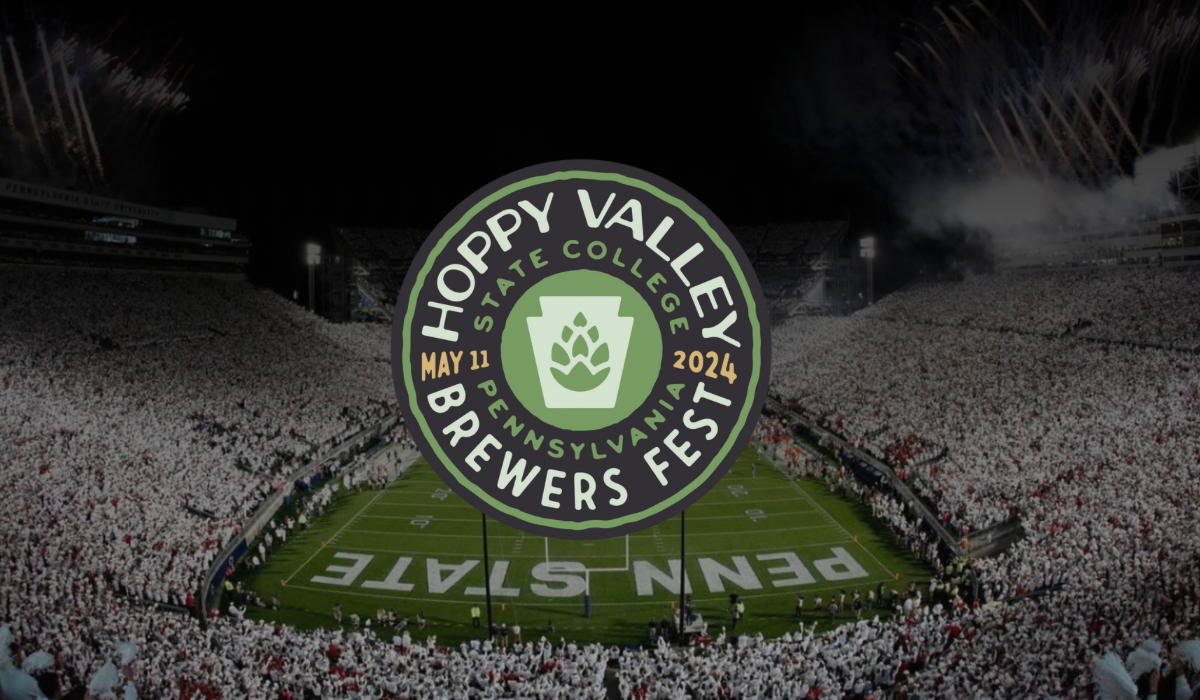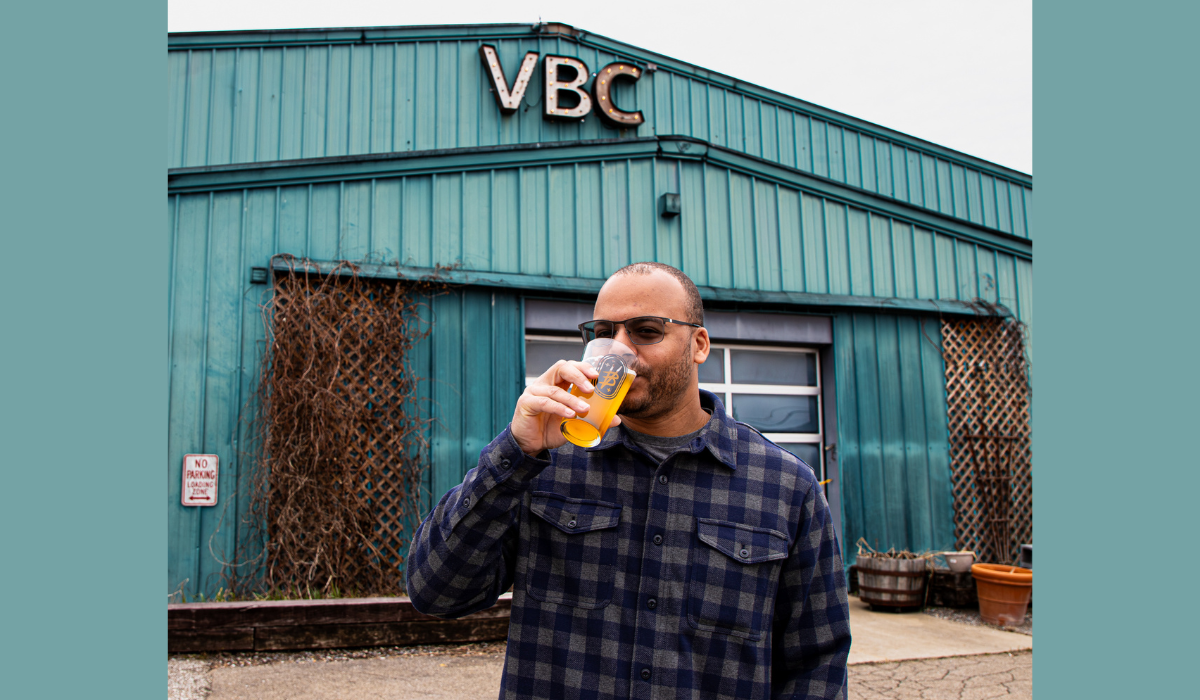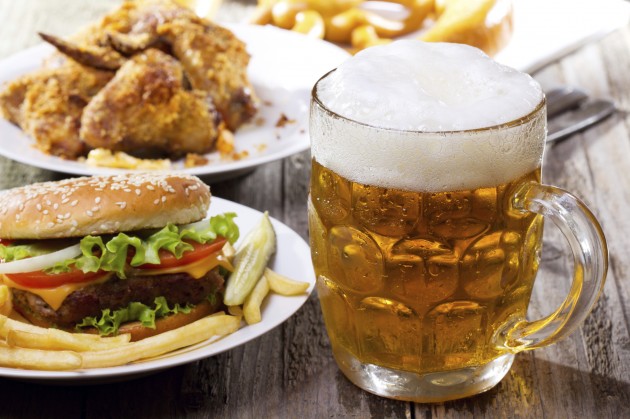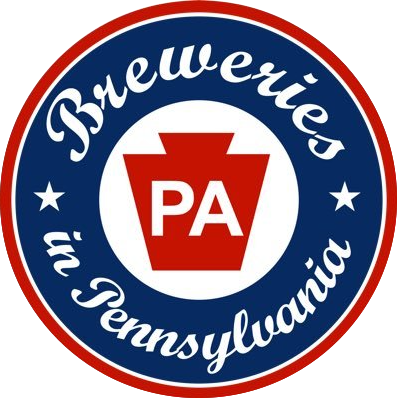Written by Guest Contributors: Theodore J. Zeller III, Esquire and Matthew B. Andersen, Esquire
Brewing is an art and a business. Unfortunately, if you don’t understand the initial elements of setting up the business, you will become a starving artist quickly. Carefully planning the opening of a brewery in this increasingly crowded industry is key to success. While this blog post will focus on Pennsylvania breweries, many states have enacted laws that enable smaller, craft breweries to gain a foothold in the industry.
It is always important to understand that obtaining a brewery license in a highly-regulated industry like alcohol production requires careful consideration of local, state, and federal regulations. Sometimes those regulations can confuse the applicant with conflicting information. You must start out with your local site requirements. Find a location with the appropriate zoning to allow for the manufacture of alcohol and the right to sell at retail. Identify the site first and then speak to the local zoning office having jurisdiction as to whether a brewery operation would be permitted. Sometimes zoning officers get confused since the evolution of the small craft brewery is a relatively new creature under the law. Is it really a manufacturing operation, a retail sales operation, or a restaurant operation? Sometimes zoning officers propose re-writing an ordinance to specifically address this category, but that involves a lengthy process and could cause your brewery plans to be delayed for years.
Some municipalities may simply dictate what operations you are able to conduct on the site. For example, a zoning officer may tell you that you can manufacture and sell to consumers for off-premise consumption only, but no on-premise consumption is allowed, even though your state and federal licenses permit such activity. While a zoning officer’s decision is always appealable to a zoning hearing board, this increases the cost associated with your brewery opening, and there are no guarantees that you would be successful in any zoning appeal, which could compromise the whole project. In short, it is critical to start at your local zoning office and analyze whether you’ve chosen the appropriate site for your brewery to receive a state and federal permit.
In Pennsylvania, you have a few options in planning your brewery relative to license classes. You can apply for a Manufacturing license alone, which is known as a “G” license in Pennsylvania. This allows you to manufacture at the licensed premises and sell to consumers for both on and off-premise consumption if you have 10 seats and offer even limited snack items. Yes, you can sell pints, growlers, and even kegs out of your brewery. You can add a Brew Pub license, known as a “GP,” to the Manufacturing license at the site, but you would need a health permit and enough tables, chairs, and food for 30 people. With this privilege, you can be open until 2:00 am, but you lose your right to self-distribute to retail. Under either scenario, you can add two storage locations where, if you have 10 seats and offer limited snack food items, you can sell beer for on-and off-premise consumption without the requirement of any manufacturing at the storage locations. You can also serve other Pennsylvania produced beer, wine, and spirits products. The Pennsylvania Liquor Control Board (“PLCB”) application process is somewhat cumbersome, like the federal process, and adds the requirement of a person-to-person interview and on-site inspections. The filing fees alone are several thousand dollars, and you must produce many different legal and financial documents.
Like the Pennsylvania Liquor Control Board application, the Federal Tax and Trade Bureau (“TTB”) application is a lengthy process, but, unlike Pennsylvania, there are no filing fees. It is an online filing system and contains even more detailed personal information than the Pennsylvania filing. We recommend that you file the TTB application as soon as you secure your site and verify the proposed site will meet local requirements. You can process your federal and state applications simultaneously in most instances. In Pennsylvania, we have obtained brewery manufacturing licenses even before the federal permits have been issued. Ultimately, having all required information and submitting a complete application will speed up your approval process with both the PLCB and TTB, and we have enjoyed great success in that regard on behalf of our clients across the alcohol manufacturing industry.
While it is important to analyze local, state, and federal regulations, we would be remiss if we didn’t include other categories that you need to consider. You must be very careful about choosing your brewery name and any labels, as this form of “intellectual property” can be highly contested. Just because the state may accept Articles of Incorporation or Certificates of Organization for filing, that does not mean that you are trademark protected in that name. Before you will be able to sell your products to retail in Pennsylvania or across state lines, you will also have to get Certificate of Label Approvals (“COLAs”) from the TTB approving your label. There is also Pennsylvania Malt Beverage registration, which varies depending on who you are selling your products to. In addition, you may need to secure both federal and state bonds to secure excise tax imposed separately by federal and state governments. You also must select the form of entity that best suits you, whether that is a corporation, a limited liability company, or some other partnership.
Building a brewery is a complex task that requires extensive review by many different agencies. There are many issues for you to consider before you start brewing beer, and careful consideration of these issues is paramount to your success. And, you better be good at your art and brew great beer. We are here to advise breweries through the process from planning, entity formation, lease review and zoning approvals, PLCB and TTB licensing, trademark searches and registrations, and regulatory compliance once your dream finally becomes a reality and your brewery is operating.
This has been a guest post from attorneys Ted Zeller and Matt Andersen of Norris McLaughlin, P.A. located in Allentown, PA. Norris McLaughlin counsels and advises many businesses in the alcohol manufacturing and retail industries, and Ted Zeller is General Counsel to the Brewers of Pennsylvania trade-organization. Norris McLaughlin has offices in Bridgewater, NJ and New York City, and has assisted numerous breweries across the tri-state area. Ted can be reached at [email protected] and Matt can be reached at [email protected].















